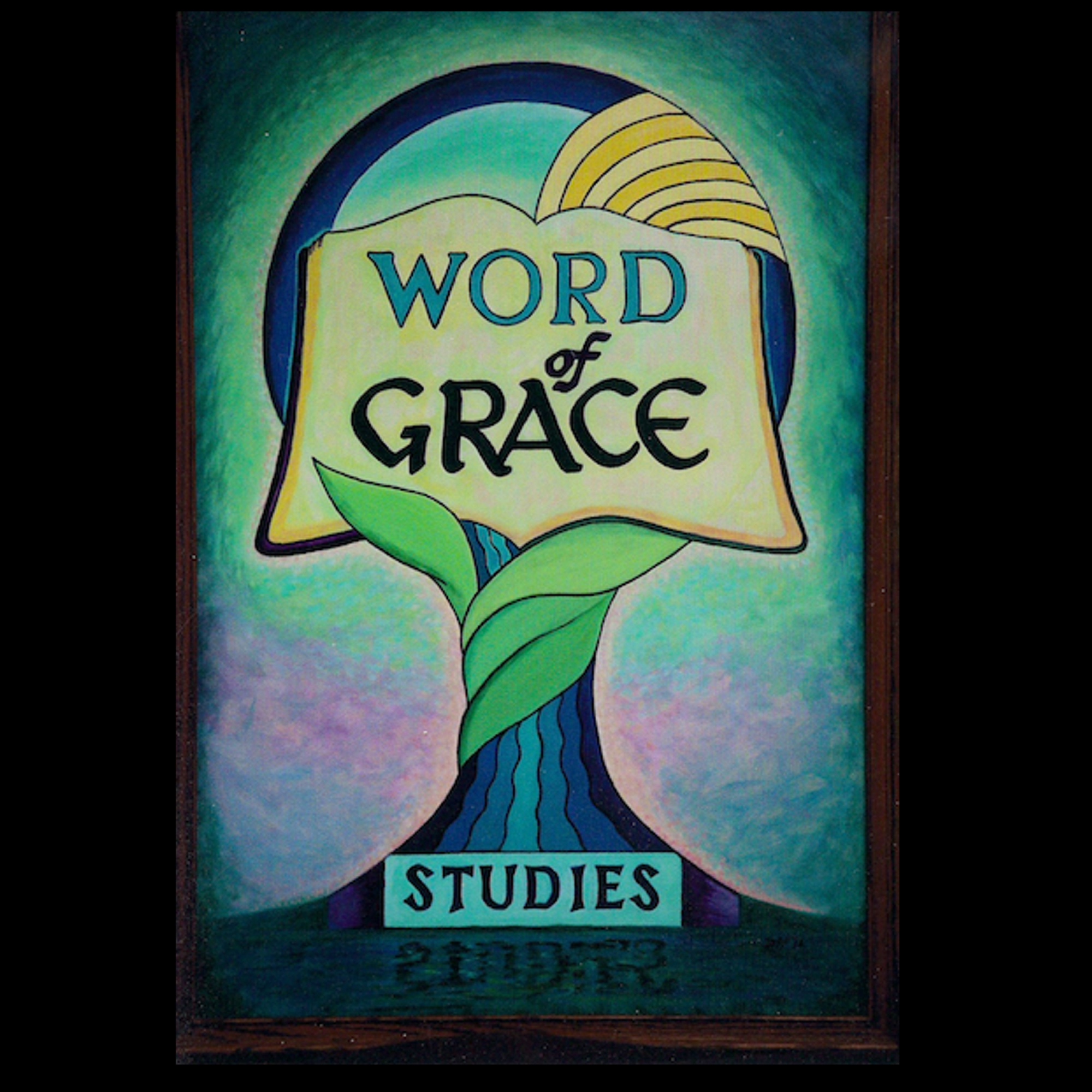Sheol (שְׁאֹ֖ול) – Hades (ᾅδης)
Where the worm does not die
Sheol is the Hebrew word that describes the place in the center of the earth where humans who have died reside. Within its compartments are unbelievers and some of the fallen angels who are bound, waiting for final judgment. Prior to the resurrection of Christ, all those who were saved resided in Paradise, which was in the upper chamber of Sheol. Hades is the Greek word for the same place, which comes across into English as hell. However, the English concept only refers to the lowest part of Sheol, where the unsaved humans reside.
Sheol has three chambers. The lowest part is where the fire burns (Deuteronomy 32:22) and the unsaved reside. This is the place where the worm does not die. Worm refers to the sin nature of a human, not a physical worm (Isaiah 66:24). The abyss is the holding area for fallen angels, and within the abyss is a pit for malignantly evil angels. Paradise is the residence of those who were saved before the resurrection of Christ.
During Christ’s earthly ministry to the Jews, the unbelieving ones kept pressing for a sign even though He had given substantial evidence to them that He was the Messiah. In response, Jesus states that no sign will be given to them except the sign of Jonah. As Jonah was in the belly of the great fish for three days and three nights, so will the Son of Man be in the heart of the earth for three days and three nights, Matthew 12:39-40. In Peter’s first address to Israel after the resurrection of Christ, he quotes the prophecies concerning Christ and Hades. King David, who was a prophet of […]

